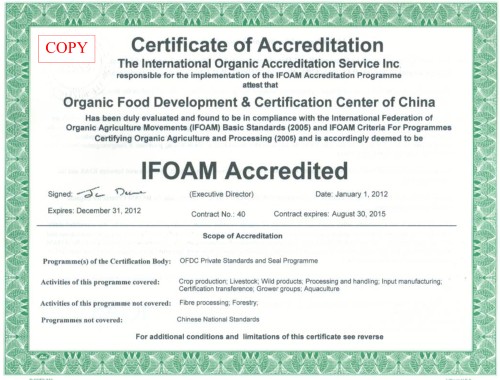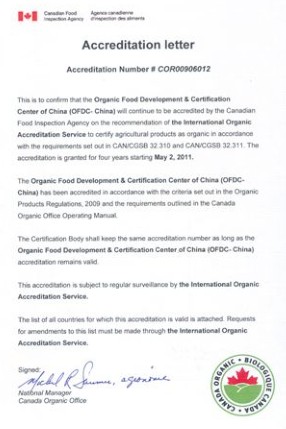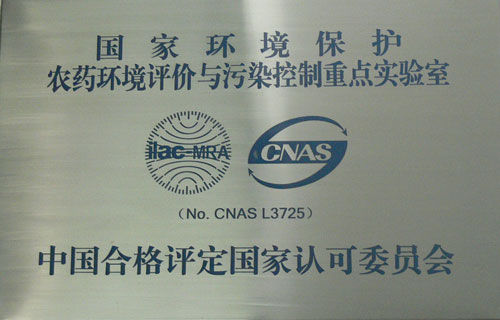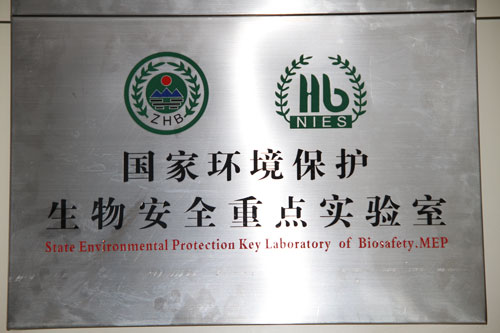Founded in 1978, the Nanjing Institute of Environmental Sciences (NIES) is a public research institution directly under the Ministry of Ecology and Environment and one of the earliest institutes in China dedicated to environmental protection research. Since its establishment, NIES has focused on ecological conservation and soil pollution prevention and control, engaging in forward-looking, strategic, fundamental, and applied research on key environmental issues. Its research spans ten major fields and thirty-two directions, including ecological conservation and restoration, nature reserves, biodiversity conservation and biosafety, ecological civilization, eco-effects and pollution prevention of chemicals, solid waste pollution control, watershed ecological protection and pollution prevention technologies, soil pollution prevention and control, rural environment and organic food development, as well as environmental management and engineering technology. Building on these research achievements, NIES has also undertaken extensive technical consulting in ecological and environmental protection planning, organic product certification, environmental safety assessment of agricultural chemicals, contaminated site remediation, and environmental engineering.
NIES currently employs 803 staff members, including one academician of the Chinese Academy of Engineering, 244 senior professionals, 252 PhDs, and 427 master’s degree holders. Among them, one expert is recognized under the national “Ten Thousand Talents Program,” eleven receive special government allowances from the State Council, two are distinguished young and middle-aged experts of Jiangsu Province, forty-eight are high-level talents under Jiangsu’s “333 Project,” and sixty-four are provincial-level talents such as “Entrepreneurship and Innovation Doctoral Talent of Jiangsu Province” and outstanding postdoctoral fellows. In addition, fourteen are leading or young top-notch talents in environmental protection technology. Together, they form an innovative talent team led by renowned experts, supported by key scientific and technological backbones in various fields, and driven by young researchers.
Since the beginning of the 14th Five-Year Plan, NIES has won two second prizes of the State Scientific and Technological Progress Award and fifty provincial and ministerial-level science and technology awards. The institute has published more than 900 academic papers, including 551 indexed by SCI and 142 in the top-quartile (CAS Q1) journals. It holds 120 authorized international invention patents and 406 national invention patents. NIES has submitted 233 policy proposals, with four receiving instructions from central leaders and forty-one from provincial and ministerial leaders.
The Journal of Ecology and Rural Environment, a monthly Chinese core journal sponsored by NIES and supervised by the Ministry of Ecology and Environment, ranks as one of the most influential academic journals in China’s environmental protection field. NIES has also carried out extensive collaborative research projects and personnel exchanges with over ten international organizations—including the United Nations Environment Programme (UNEP) and the International Union for Conservation of Nature (IUCN)—and more than thirty countries such as the United States, Germany, the Netherlands, and Norway. Together with Nanjing University, NIES co-founded the English journal Eco-Environment & Health, which embraces the concept of “One Health” and focuses on the interactions among ecology, environment, and human health. The journal emphasizes four key areas: ecological and biodiversity conservation, environmental fate and bioprocesses of emerging pollutants, human exposure and health effects, and environmental risk assessment, management, and regulation.
Since its inception, NIES has upheld the motto of “Unity, Dedication, Pragmatism, and Innovation.” It has actively participated in major national and local research projects and has become a vital force in China’s environmental science and technology community, providing strong scientific and technological support for national environmental management decision-making, advancing the battle against pollution, and contributing comprehensive technical services for ecological development and pollution prevention across the country.
Tel:025-85287001、025-85287298 P.C:210042 Add:8 Jiangwangmiao street, Nanjing, P. R. China



